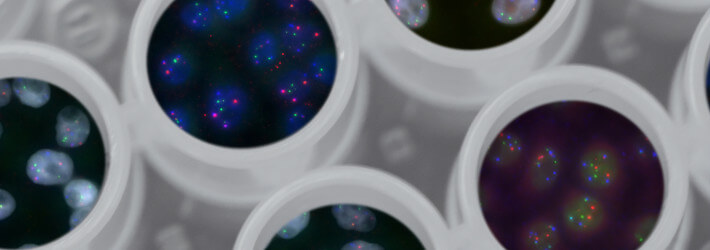Beginning in November 2024, Merck Sharp & Dohme, LLC (“Merck”) requested post-grant review (“PGR”) of 14 patents owned by Halozyme, Inc. (“Halozyme”), with claims directed to modified PH20 hyaluronidase polypeptides, including modified polypeptides that exhibit increased stability and/or increased activity. The challenged patents likely relate to Merck’s recently FDA-approved Keytruda Qlex™ (pembrolizumab and berahyaluronidase alfa-pmph).
In August and September 2025, the USPTO Director denied Halozyme’s requests for discretionary denial and referred the institution decisions to the panel in PGR2025-00024, PGR2025-00030, PGR2025-00042, PGR2025-00046, PGR2025-00050, and PGR2025-00052.
On September 8, 2025, the PTAB instituted PGR2025-00017 against Halozyme’s U.S. Patent No. 12,110,520 (“the ’520 patent”), and on October 1-2, 2025, the PTAB instituted PGR2025-00033 and PGR2025-00039 against Halozyme’s U.S. Patent No. 12,049,652 (“the ’652 patent”) and 12,104,185 (“the ’185 patent”). The PGRs alleged that the challenged claims of the ’520, ’652, and ’185 patents are invalid as being obvious, lacking written description, and failing to comply with the enablement requirement. Prior to the institution decisions, Halozyme disclaimed multiple claims of each patent, including claims 3-5, 16, and 31-35 of the ’520 patent, claims 3-5, and 30-40 of the ’652 patent, and claims 5-6 of the ’185 patent.
In the Petitions, Merck asserted that the claim terms are either expressly defined in the common disclosure or are used with their common and ordinary meaning. In its institution decisions, the PTAB agreed, finding that the evidence of record showed the patents recognized a broad understanding of a “modified PH20 polypeptide.” Regarding written description, Petitioner asserted that the claims encompass a large genus of modified PH20 polypeptides, and that the examples are not representative of the full scope of the claimed genus. The PTAB found that the evidence better supported Petitioner’s position. Regarding enablement, Petitioner asserted that the disclosure fails to enable the genus of modified PH20 polypeptides claimed. The PTAB found that the evidence better supported Petitioner’s position. Regarding obviousness, the PTAB found that Petitioner had not shown it was more likely than not to establish that the patents are obvious in light of the prior art.
There is one co-pending New Jersey litigation between Merck and Halozyme, Case No. 2:25-cv-03179 (D.N.J.).
Keytruda Qlex™ was approved in September 2025, and sales data is not yet available.
For more information on these biosimilars and other biosimilar patent disputes, please visit BiologicsHQ.com.
_____________________________________________________
The authors would like to thank April Breyer Menon for her contributions to this article.


